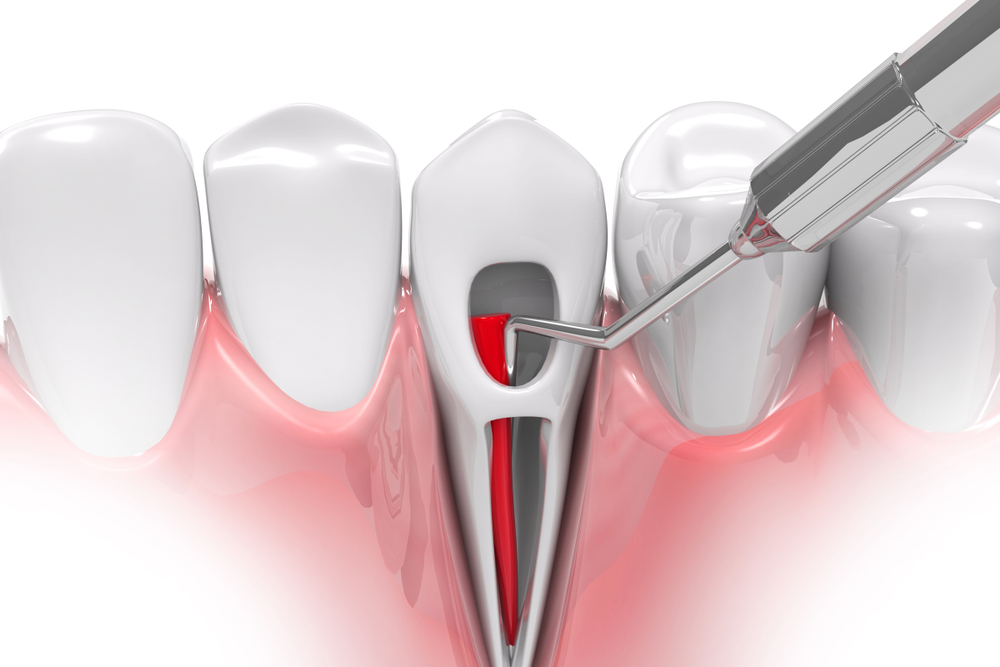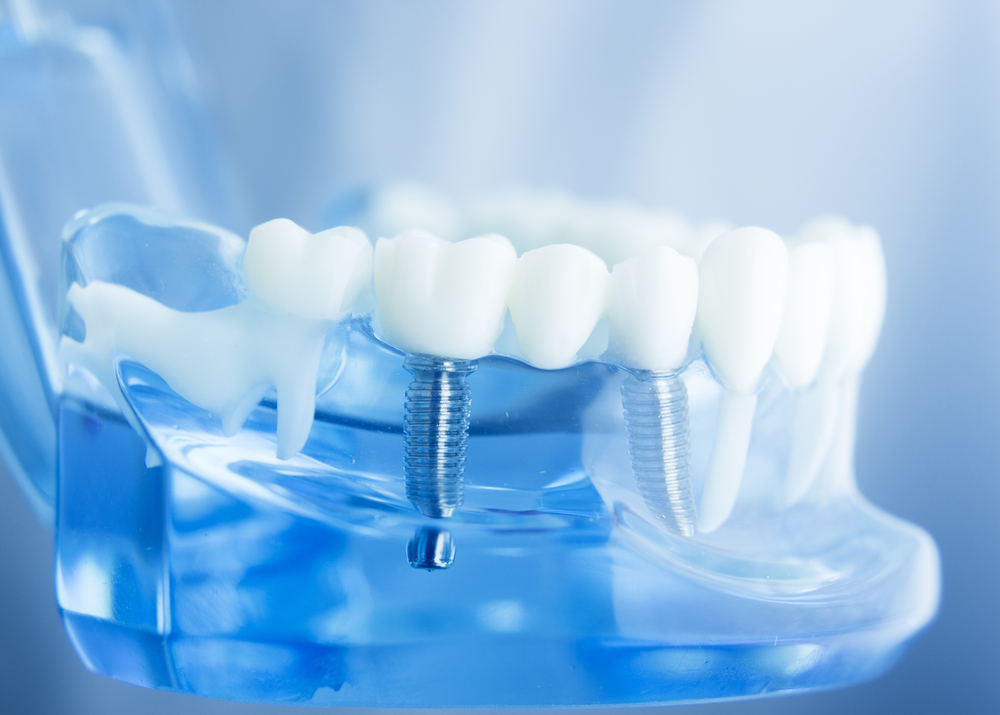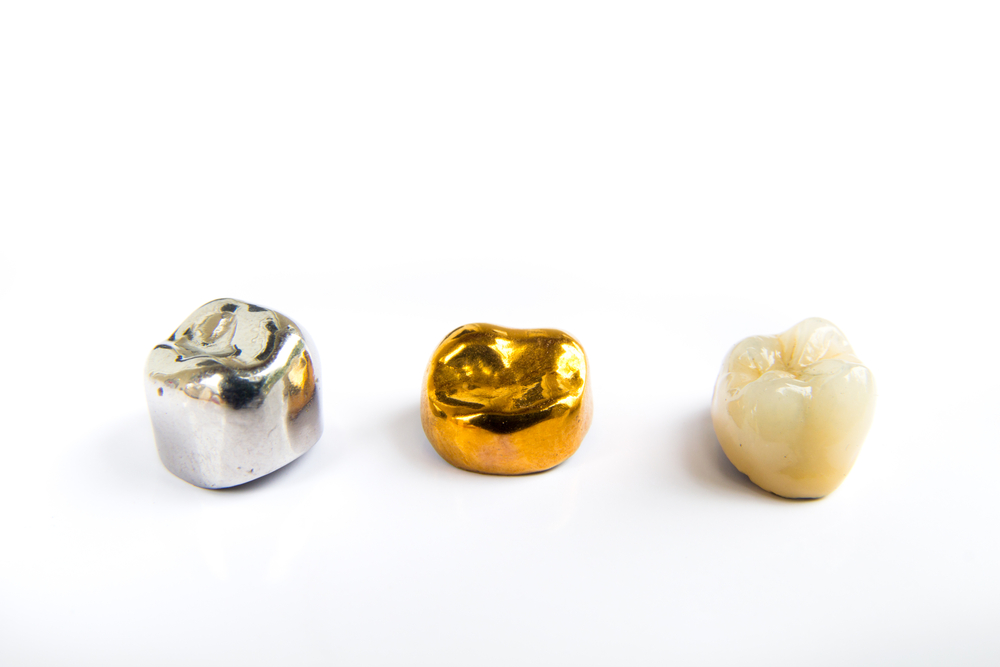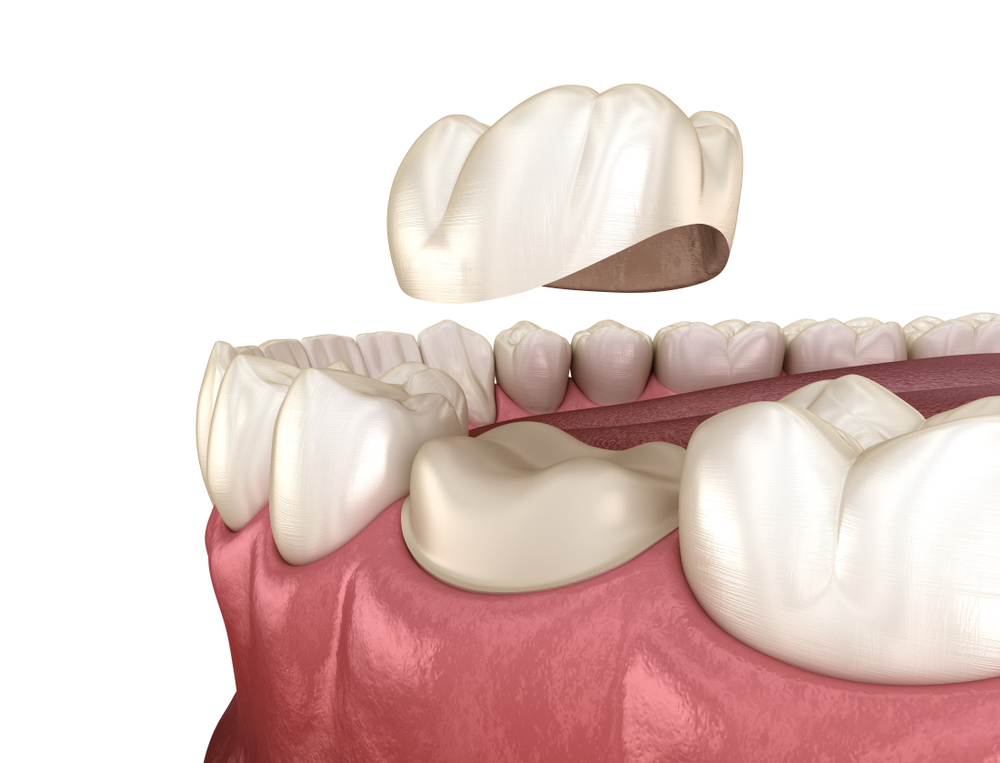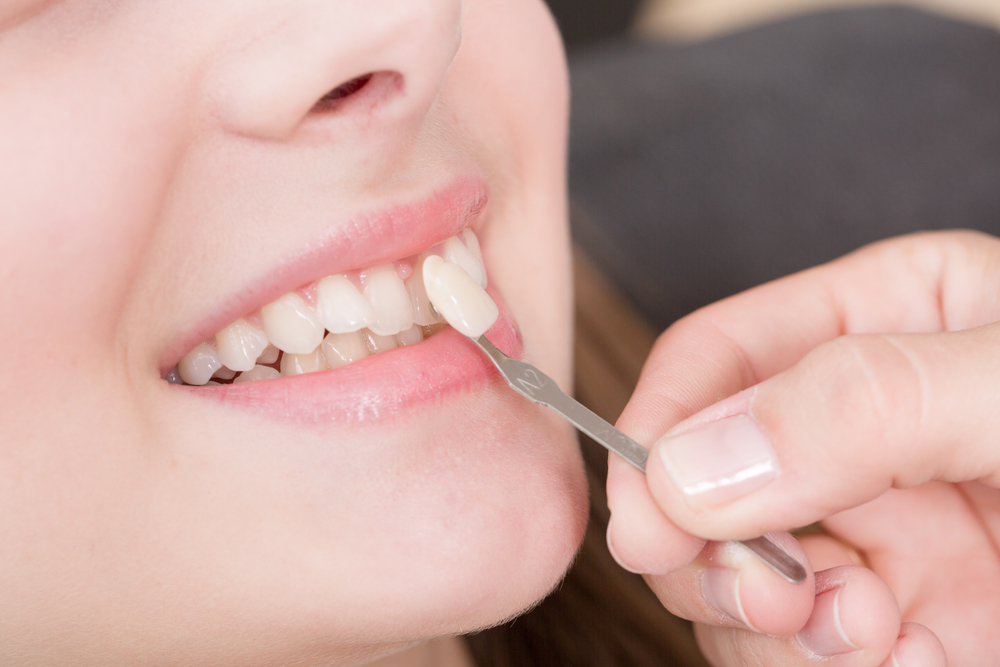What Are The Benefits Of A Root Canal?
Have you ever had to endure a toothache for a night? Prolonged toothaches, extreme tooth decay and even sensitive teeth are some of the common oral conditions people go through and can be excruciatingly painful.
Root canals, also called endodontic therapy, is a common dental procedure used by endodontists in remedying such conditions. If you haven’t gone through this procedure previously, you are probably wondering what it’s all about, right?
Root canal treatment is a virtually painless process that involves the removal of infected or damaged pulp in the root cavity. The cavity is then cleaned, disinfected and then filled with gutta-percha, a common polymer material used in root canal treatment.
The cavity may also be fitted with a crown if a patient chooses.
What are some of the benefits that make root canals the prefered procedure among patients and endodontists? Following are some of the main benefits:
- Prevents tooth loss
- Prevents infection of neighbouring teeth
- Boosts the aesthetics of teeth
- Prevents jawbone degeneration
- Boosts oral and overall health
- Virtually painless
1. Prevents Tooth Loss
There are various ways of dealing with a decayed tooth or one with a cavity. Some patients prefer tooth extraction to eliminate the tooth in question. This provides a permanent solution in preventing further toothaches or dealing with cavities.
Tooth extraction, however, leaves gaps between teeth which may cause potential problems. With a root canal, patients don’t have to worry about losing their teeth, which helps to preserve the natural arrangement of your teeth.
2. Prevents Infection of Neighbouring Teeth
Pulp infection is often the primary cause of decay in the tooth cavity. Infection of the pulp comes about due to the accumulation of bacteria in this area. The infected pulp continues to harbour such bacteria, which may easily spread to adjacent teeth if not addressed.
A root canal is therefore essential in removing the infected pulp that harbours bacteria, and therefore prevents the growth and spread of this bacteria.
3. Boosts Teeth Aesthetics
A root canal involves the removal of the infected pulp. The process is followed by cleaning the affected area and filling up the cavity with a polymer material or fitting the tooth with a crown.
Crowns are essential in restoring the visual appeal of teeth. As such, they help restore the functionality of the tooth as well as the aesthetic value of teeth whenever they are used in a root canal.
4. Prevents Jawbone Degeneration
A root canal leaves the infected tooth intact, unlike tooth extraction. As such, this process provides a solution with having the tooth extracted. With missing teeth, the jawbone easily degenerates over time due to bacteria exposure and other elements.
Root canals, therefore, help prevent complications of the jawbone in future.
5. Boosts Oral and Overall Health
Extreme tooth decay and long-lasting toothaches are common dental conditions among individuals. They cause pain, and in extreme cases, tooth loss.
As such, a root canal helps keep teeth in good condition and also prevents extreme procedures such as tooth extraction.
Apart from maintaining good oral health, a root canal can also help boost overall health by preventing conditions associated with poor oral health. Such conditions include heart disease, respiratory infections, diabetes, and gastrointestinal infections.
As a result, both the oral and overall health of the individual are boosted.
6. It is a Virtually Painless Procedure
Unlike other dental procedures such as root extraction, a root canal is a comfortable and virtually painless procedure. Endodontists use the recommended equipment in removing the infected pulp, cleaning and disinfecting the area through a painless process.
This makes it the most preferred procedure for tooth decay and cavities.
Conclusion
A root canal is an essential procedure that addresses cavities and tooth decay. It is virtually painless and prevents the loss of teeth.
Other benefits of root canals include boosting oral and overall health, prevention of jawbone degeneration, prevention of infection to adjacent teeth, and boosting the visual appeal of teeth.
Are you searching for the best dentists in Caroline Springs for a root canal or other dental procedures? If so, then look no further than Gardens Dental.
Gardens Dental offers a full array of dental services to help you and your family maintain healthy teeth and are a trusted and reliable dentist in Caroline Springs.
To learn more about our services or make an appointment, please contact us today on (03) 9449 2626 or through our website.

